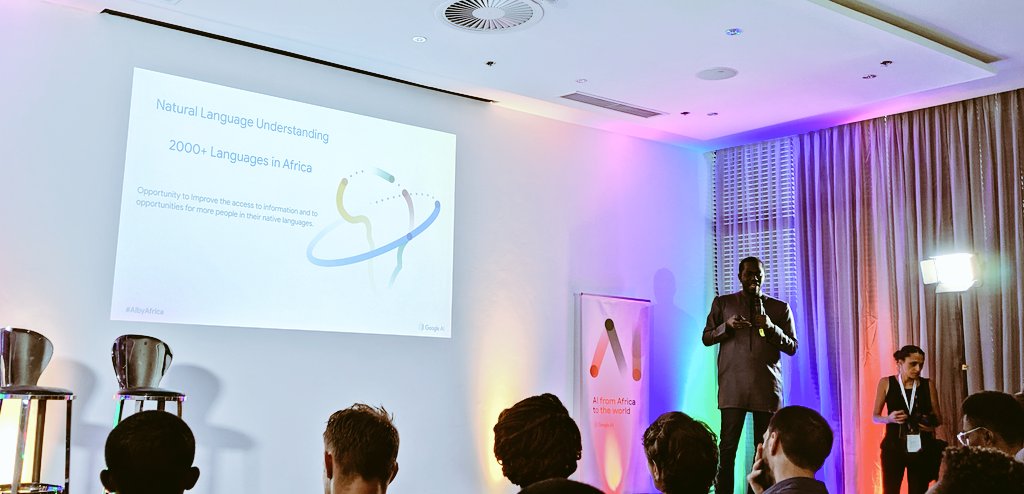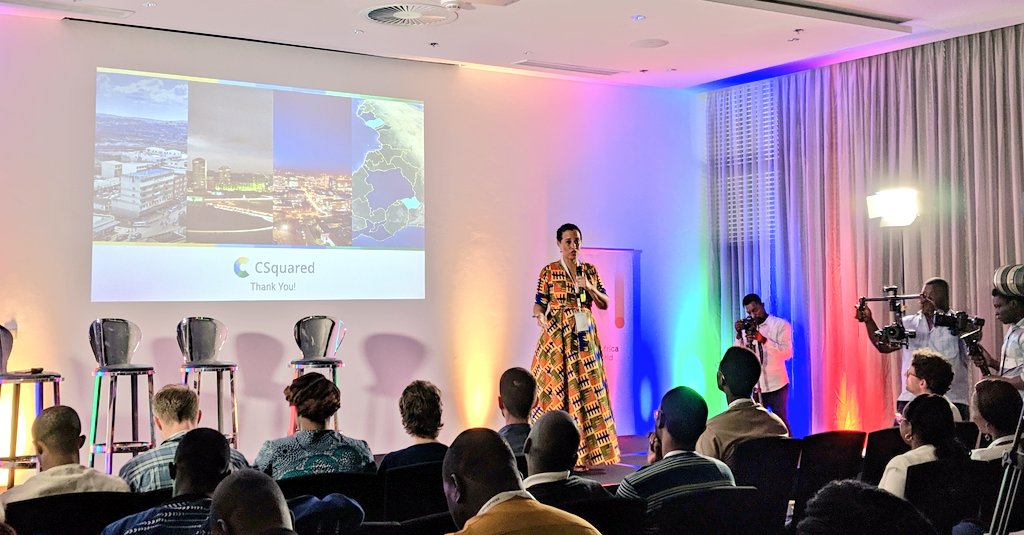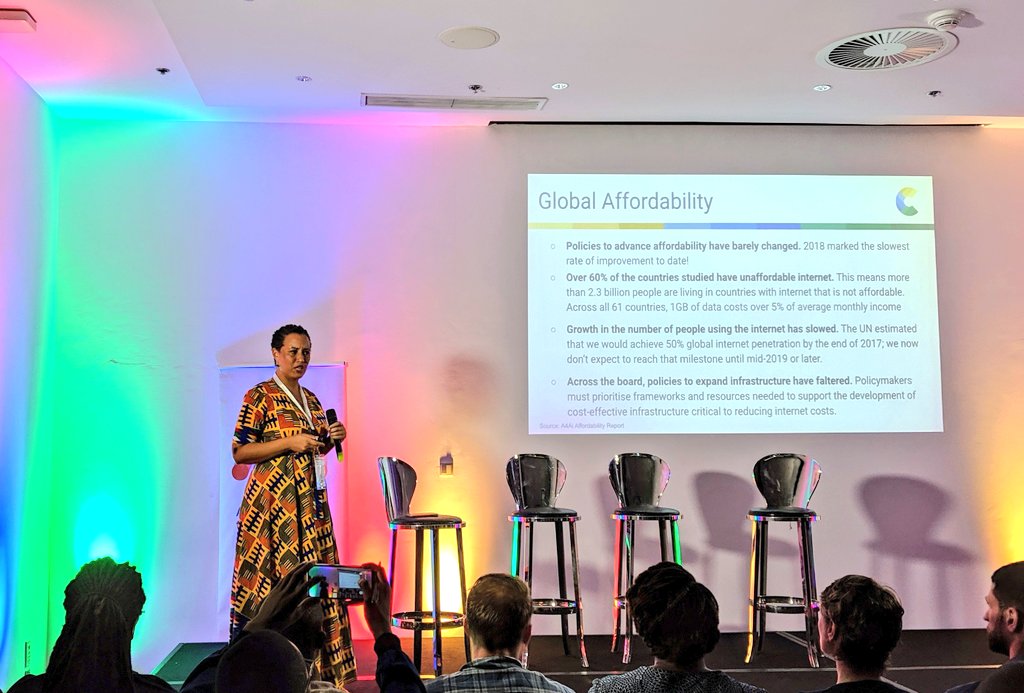Artificial Intelligence: African-based developers are shaping Artificial Intelligence (AI) to solve the continent’s problems, as Google’s first AI lab in Africa opens for business in Ghana. The U.S. internet tech giant first announced plans to open the AI research in Ghana’s capital, Accra, in 2018.
It said its goal is to provide researchers with the necessary tools to build products that can solve Africa’s problems in every field, particularly in health and agriculture.
AI is, basically, the science of making machines that appear intelligent, according to Google. It is an area of computer science that emphasizes the creation of intelligent machines that work and react like humans to solve real-world problems.

A vast majority of cutting-edge AI is still done in places like Silicon Valley, London, and Shenzhen, but the rest of the world is beginning to recognise the rich AI possibilities in Africa.
“AI is a critical tool used today and used to accelerate all sorts of sciences in physics, chemistry and engineering. But most of the people working and advancing the science and developing it in the field are based mostly in Western countries.
“It’s important that such an important field [can address]
The Accra office, which is the first in Africa, will join similar AI research centres in Paris, Tel Aviv, and, San Francisco.

The centre will gather machine learning researchers and engineers in Africa to facilitate development and solve challenges in various sectors of the economy.
It will also work directly with researchers in African universities by providing grants to those interested in the various fields of AI and giving
Cisse will be working with nine other software engineers and research scientists from different countries – Nigeria, Lesotho, Senegal, Uganda, Canada, UK, USA, Israel and Ireland.
“We’ll work and collaborate with institutions across the continent; the team itself is very international; it’s already about 10 people coming from more than 12 different countries; Africans and non-Africans as well so we’re looking forward to collaborating with African Institutions,” said Cisse, who is elated about the diverse team he would be working with.

The Accra lab will, in terms of agricultural production, look at how AI can help farmers to address the basic problems they face. The team at the AI centre, for instance, wants to integrate technology that is already in existence in Tanzania.
The technology helps farmers to identify diseases in cassava plants by taking a photo of it. The app, which can work offline, will then recommend solutions. The AI lab hopes to make apps like these accessible to many rural farmers across the continent to ensure food security.
“The AI centre in Accra is also making use of AI to improve healthcare – not just the health of human beings but also that of plants. This is sometimes a matter of food security because, in certain regions, you have crop diseases that can cause food security problems. We have people that are working on improving the diagnosis of various crop diseases,” Cisse was quoted by IT Web Africa.
Currently, most of the work done in AI is designed to be deployed on powerful machines. This is a problem for Africa where many people lack sophisticated phones and are not even able to access the internet. The centre will work on projects to address these challenges.
“…if you want to improve the accessibility to this technology [AI], we need to design learning machines that are as accurate as possible so we can deploy them on small devices like feature phones.
“We’re also adapting our products to make it easy for people to discover the best of the Internet, even on low-RAM smartphones or unstable network connections, said Cisse.

Another challenge will be to develop AI that will translate the over 2,000 African languages spoken on the continent.
“Africa is linguistically the most diverse place on this continent. It would be nice if people could communicate beyond these language barriers. Many Africans speak up to three languages, but if we could have machines that can speak hundreds of languages imagine who would be able to speak to the 2.4 billion people projected to be living on the continent in the next 30 years,” Cisse said.
The centre is also using artificial intelligence to analyse advanced satellite images that will allow researchers to estimate population growth
Outside Africa, robots are being equipped with Artificial Intelligence technology that allows them to act and speak like humans as well as make facial expressions. An example is the humanoid robot Sophia which was developed by American company Hanson Robotics.
Concerns have been raised in Africa about robots taking over jobs of young people. The United Nations revealed in 2016 that robots will take away two-thirds of jobs in developing countries.
Artificial intelligence products have also been criticized for being biased against Africans
Nyalleng Moorosi, a software engineer at the Accra artificial intelligence centre told CNN that since AI essentially works on data that is fed into it, it “sometimes displays a real-world bias that isn’t inclusive and representative of all end users.”

To control this, more Africans would be included in data gathering to ensure an accurate representation of users, Moorosi, who comes from Lesotho, and holds a bachelors degree from a liberal arts college, said.
“When you build something, you think it will only work for the world you know and your neighbourhood. And you forget that maybe it can be so great it becomes deployed to foreign neighbourhoods,” she said.
“The best way to go about is to have diverse teams working on these algorithms and then we will get somewhere.”










